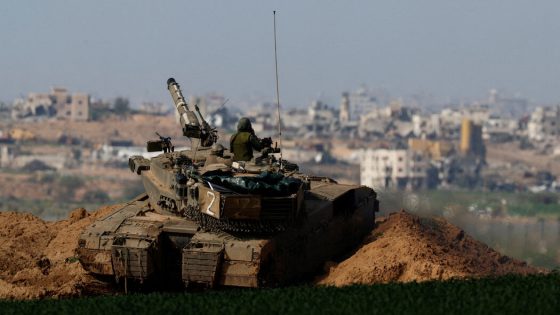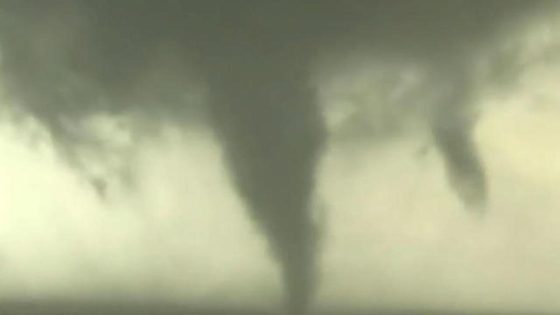The UK government has chartered a commercial flight out of Lebanon to assist British nationals wanting to leave, the foreign secretary has said.
“The situation in Lebanon is volatile and has potential to deteriorate quickly,” David Lammy said, referring to recent escalating violence in the region.
British nationals and their spouse or partner, and children under the age of 18 are eligible, with vulnerable people being given priority.
The flight is scheduled to leave Beirut on Wednesday.
The UK government will pay to charter the flight, which will depart from Beirut-Rafic Hariri International Airport, but British nationals will be expected to pay a fee of £350 per seat.
British nationals and dependants will be eligible to request a space on the flight. Any non-British dependants boarding the flight will require a visa, granted for at least 6 months, to enter the UK.
Any further flights in the coming days will depend on demand and the security situation on the ground, the Foreign office said.
“The safety of British nationals in Lebanon continues to be our utmost priority,” Lammy said.
Speaking to reporters, he added: “I urge them to leave because the situation on the ground is fast-moving and of course whilst we will do everything we can to protect British nationals, and those plans are in place to do so, we cannot anticipate the circumstances and the speed with we can do that if things escalate in a major way over the coming hours and days.”
Lammy and his US counterpart Antony Blinken spoke by phone on Monday night. He said they had seen the media reports and were both urging “de-escalation”.
He added that the UK would be keeping in touch with Iran.
Asked if he agreed with the US response to the killing of the Hezbollah leader Hassan Nasrallah, which said it provided a measure of justice for his victims, Lammy said: “I don’t mourn the death of the head of a proscribed terrorist organisation but I do mourn the civilians who have lost their lives in the bloodshed over the last few days.”
He said that was why the UK and others were calling for a 21-day ceasefire to enhance the prospect of a political solution.
Last week Sir Keir Starmer told British nationals in Lebanon to “leave immediately” after fighting intensified between Israel and Hezbollah, the Iran-backed armed group which dominates the country.
Britons had previously been advised to book flights out of the country – but there were limited options available, with most airlines except the national carrier having cancelled flights.
The Ministry of Defence (MoD) has sent nearly 700 troops to nearby Cyprus to prepare for the possible evacuation of British nationals from Lebanon and the government “continues to advise against all travel to Lebanon”.
In Lebanon, officials say more than 1,000 have been killed in the past two weeks, while up to a million people may now be displaced.
Tensions have been growing across the Middle East since Hamas gunmen attacked Israel on 7 October last year, killing about 1,200 people and taking 251 others as hostages.
The Israel military campaign in Gaza in response to the Hamas attack has killed more than 41,000 people, according to the Hamas-run health ministry.
Previously sporadic fighting between Israel and Hezbollah escalated on 8 October – the day after Hamas’s unprecedented attack. Hezbollah fired at Israeli positions, in solidarity with Hamas.
Hezbollah has launched more than 8,000 rockets at northern Israel and the Israeli-occupied Golan Heights. It has also fired anti-tank missiles at armoured vehicles and attacked military targets with explosive drones.
Source Agencies



